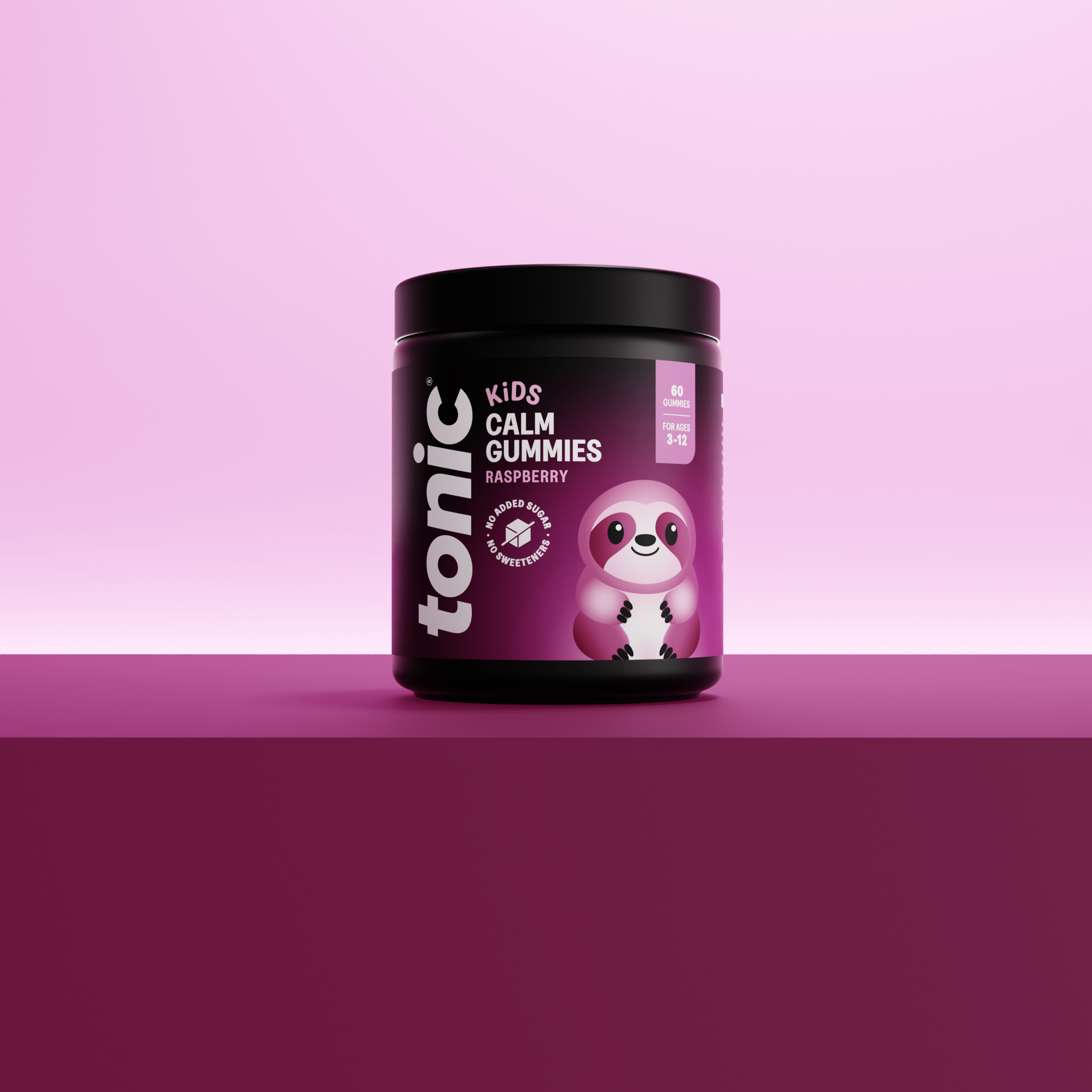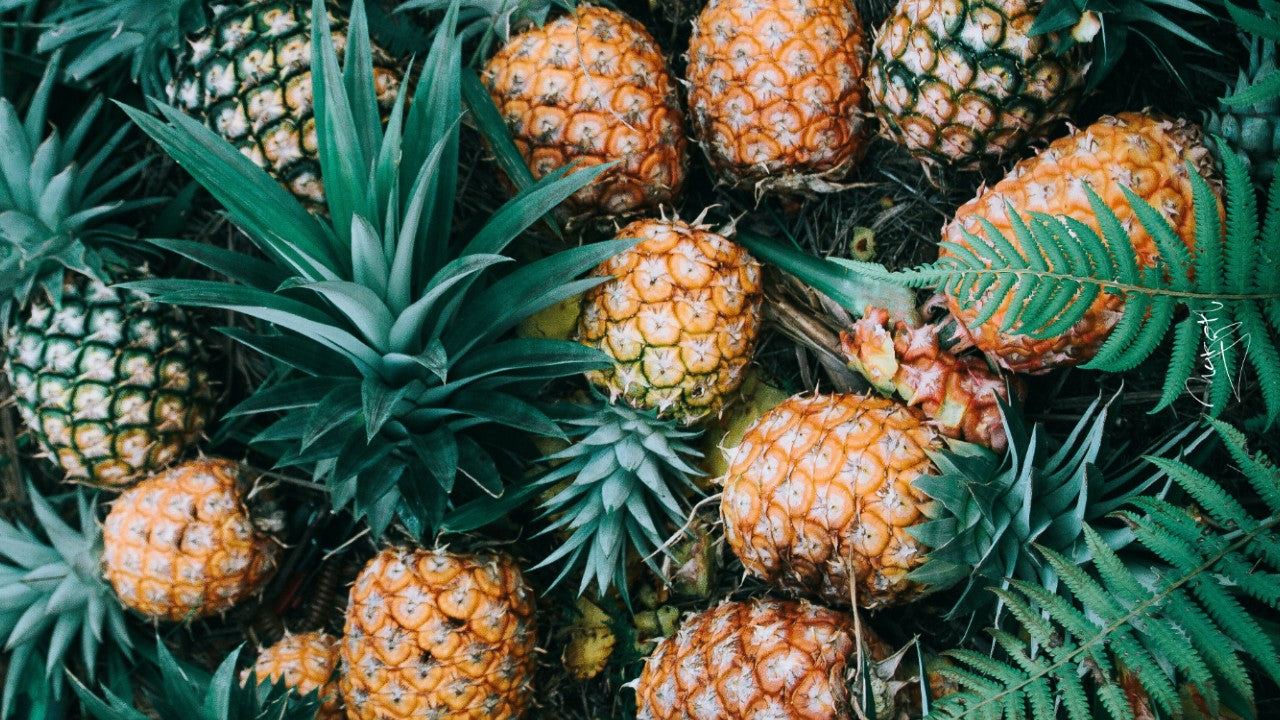The typical Western diet is low in micro minerals which isn’t surprising when you look at the National Diet and Nutrition Survey which shows only 8% of children and less than 30% of adults meet their 5-a-day fruit and veg which is where most of these vital minerals are found.
So what can be done to increase the minerals in our diet?
The first port of call is to buck the UK trend and up your variety of plants– ideally 10 portions per day! Dust of that NutriBullet and juicer and start making vegetable smoothies and juices to give yourself a massive micromineral hit. Try to aim for 30-50 different plants every week to up your spectrum of minerals – along with fruit and veg, herbs and spices can be added in here, plus legumes, pulses, nuts and seeds. Combine a mix of your favourite seeds and nuts along with some goji berries or raisons for a little sweetness and some dark chocolate to make your own trail mix. Not only will this get you through the 3pm slump it will help boost your levels of minerals, especially magnesium, zinc, iron and selenium.
Ratio is important. Minerals, like vitamins, all work in synergy with one another and sometimes high intakes of some minerals can affect absorption of others. Take calcium and magnesium for example. Calcium deficiency is relatively low in this country as we consume such a lot of calcium from dairy. Dairy is high in calcium and low in magnesium which is out of whack with what the body needs - a ratio of 2:1 calcium to magnesium which can affect how well magnesium is absorbed. Green leafy veg on the other hand is a great source of both….and in the right ratio! This ratio is really important for sodium and potassium too – 60,000 years ago we didn’t get must sodium in our diet but were never short of potassium due to the amount of plants we ate that are naturally low in sodium. As such the kidneys still have an intricate system to hold onto sodium which now needs a bit of a systems refresh as there’s often too much salt in our diets!
Even if mineral intake is optimum and in balance, food preparation can reduce levels of these vital spark plugs. Tannins in our morning tea for example can affect the absorption of iron from your toast as can phytic acid in unsoaked oats in your porridge! Overnight soaked oats in Bircher muesli for example, renders the phytic acid inactive, as does heating. Wholemeal toast with freshly squeezed orange juice which is rich in vitamin C can help to increase iron by up to 3 times!
Other lifestyle choices can also affect our mineral status even with a good intake. Be aware that the contraceptive pill can reduce levels of zinc and magnesium. Poor sleep, high intensity exercise, chronic stress and a high intake of caffeine, sugar and processed foods can also deplete our mineral supply especially magnesium and calcium, both known as nature’s tranquilisers and both essential when struggling with a high life load.
Here are some of the best food sources to incorporate into your diet:
- Calcium: everyone knows about dairy but here are some non-dairy sources: kale, bok choy, spinach (remember a cow eats lots of grass to make calcium rich milk!), almonds, tofu, tempeh, sardines (the bones)
- Zinc: lean beef, ginger root, oysters, pecans, brazil nuts, split peas, egg yolk, sesame seeds, prawns, tahini
- Magnesium: greens including chard and spinach, pumpkin seeds, kefir, almonds, black beans
- Potassium: found in great amounts in all fruit and veg
- Sodium: animal products, Himalayan salt
- Iron dark-green leafy vegetables, such as watercress and curly kale, brown rice, tofu, eggs, pulses, beans, nuts, seeds. Iron from meat is much better absorbed than from veg so if vegan, make sure you have pulses and greens in abundance!
- Selenium: brazil nuts, fish, beef, turkey, chicken, tofu, mushrooms
- Copper: lambs liver and other organ meats, oysters, shiitake mushrooms, cashews, sunflower seeds
- Chromium: broccoli, potatoes, green beans, whole grains, beef, chicken
Written by Team Tonic Nutritionist, Karen Newby







Leave a comment
All comments are moderated before being published.
This site is protected by hCaptcha and the hCaptcha Privacy Policy and Terms of Service apply.